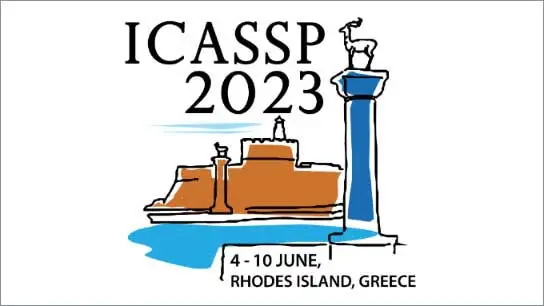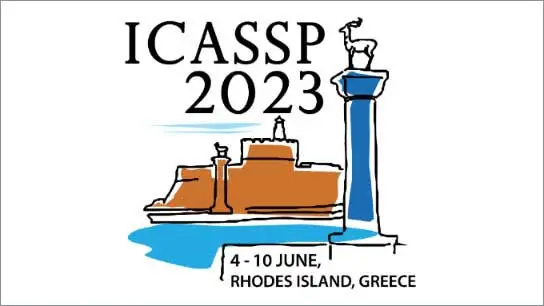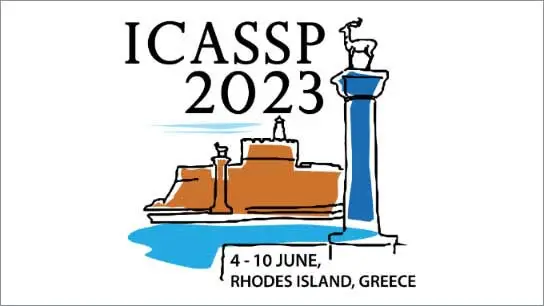Revisit Out-of-vocabulary Problem for Slot Filling: A Unified Contrastive Framework with Multi-level Data Augmentations
Daichi Guo (Beijing University of Posts and Telecommunications); Guanting Dong (Beijing University of Posts and Telecommunications); Dayuan Fu (Beijing University of Posts and Telecommunications); yuxiang wu (Beijing University of Posts and Telecommunications); Chen Zeng (Beijing University of Posts and Telecommunications); Tingfeng Hui (Beijing University of Posts and Telecommunications); Liwen Wang (Beijing University of Posts and Telecommunications); Xuefeng Li (Beijing University of Posts and Telecommunications); Zechen Wang (Beijing University of Posts and Telecommunications); Keqing He (Beijing University of Posts and Telecommunications); Xinyue Cui (Beijing University of Posts and Telecommunications); Weiran Xu (Beijng University of Posts and Telecommunications)
-
Members: FreeSPS
IEEE Members: $11.00
Non-members: $15.00
07 Jun 2023
In real dialogue scenarios, the existing slot filling model, which tends to memorize entity patterns, has a significantly reduced generalization facing Out-of-Vocabulary (OOV) problems. To address this issue, we propose an OOV robust slot filling model based on multi-level data augmentations to solve the OOV problem from both word and slot perspectives. We present a unified contrastive learning framework, which pull representations of the origin sample and augmentation samples together, to make the model resistant to OOV problems. We evaluate the performance of the model from some specific slots and carefully design test data with OOV word perturbation to further demonstrate the effectiveness of OOV words. Experiments on two datasets show that our approach outperforms the previous sota methods in terms of both OOV slots and words.



